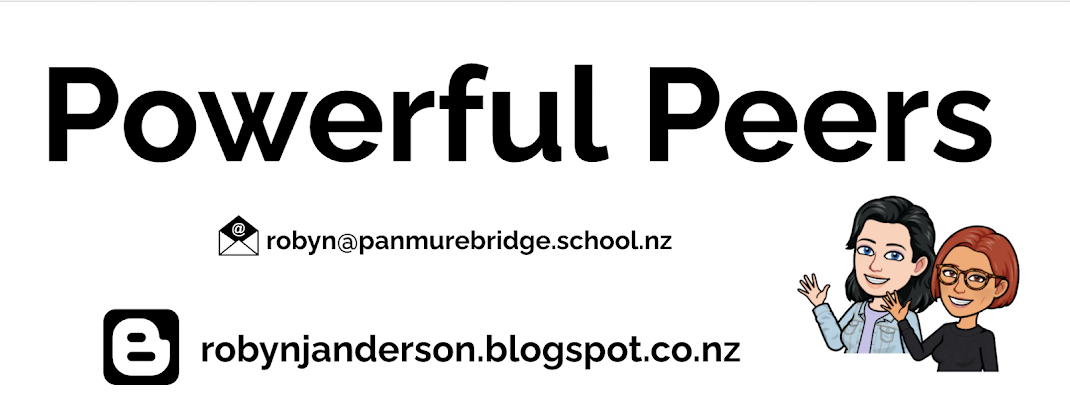WFRC #11: Describe how you will keep a record of each of the above in a manageable way
When I began this inquiry my initial question was whether increased emphasis on reading comprehension instruction can lead to better subject achievement in reading, maths and writing. After talking my inquiry through with Fiona Grant last week I realised that I had already narrowed this from 'increased emphasis on reading comprehension instruction' to 'increased emphasis on the reading comprehension strategy of inference'. We all need an overarching umbrella question to guide our inquiries whilst giving us room to veer off and explore, but I now realise I had an overarching marquee! My question was too broad and without refining would have meant valuable stones were left unturned.
Why had I made this change?'
Firstly the data that identified the gaps in comprehension across my focus group, reflected none of them were able to respond accurately to questions that were asking them to infer. Secondly, my reading and conversations with colleagues identified that often it is the inferential component in a written maths question that causes the disconnects. Finally, it was the fact I took the time to step back to watch and listen to the interactions taking place during learning time that helped me realise which direction I needed to go in.
I have been collecting data at the end of each term linked to self efficacy and Probe running records and in-class maths assessments (both formal and informal). After listening to the advice from Hana and Aaron (WFRC) at the last CoL meeting I have looked at how I can use the ARBs in both reading and maths, to monitor the connections that have been made to inference on a more regular basis. Whilst I had been monitoring this informally, I hadn't been recording this data.
What am I doing differently in class?
- Consciously using think alouds to model explicit use of content language and/or the strategy I am teaching in all subject areas.
- Seek and embrace feedback and suggestions from expert colleagues.
- Use discussion and follow up tasks to give my learners the opportunity to use and apply the vocabulary and strategies in context.
- Provide recorded models so my learners can make visual connections to the learning
- Have implemented an oral language/phonics programme that has an inferential component, aimed at Y7/8 students with the support of Donna Ryan.
- Make time to listen to and implement student feedback
How will I record this?
- Use the phonics recording sheets, observations and the ARBs to have a more up to date, and ongoing record of micro-shifts that can inform my planning rather than waiting for end of term data.
- Use video footage to capture my dialogue and record it.
- Use a Google Form to ask my learners which words or strategies I use that help them connect to the learning.
- Continue to capture and reflect on the end of term self efficacy and achievement data.

No comments:
Post a Comment